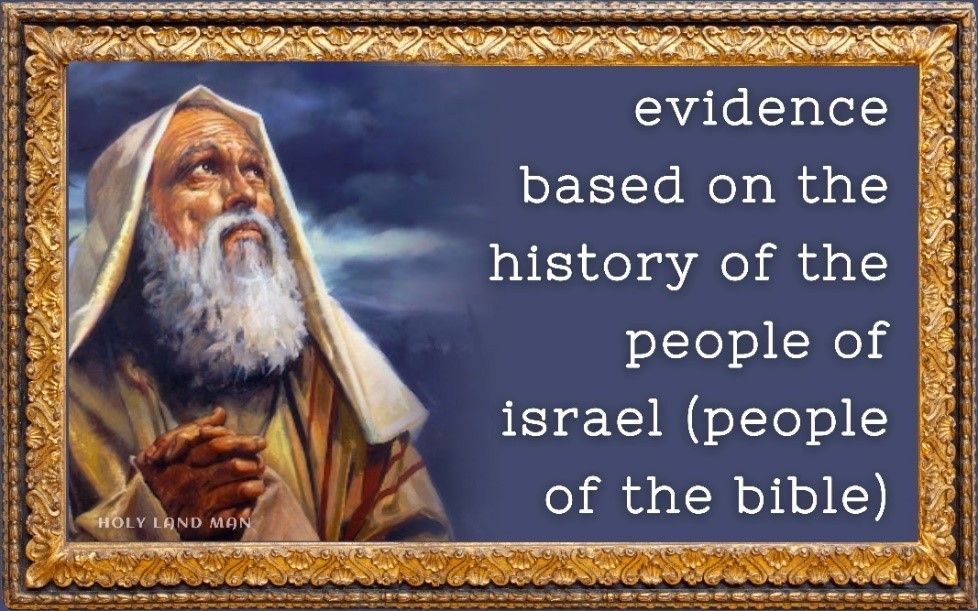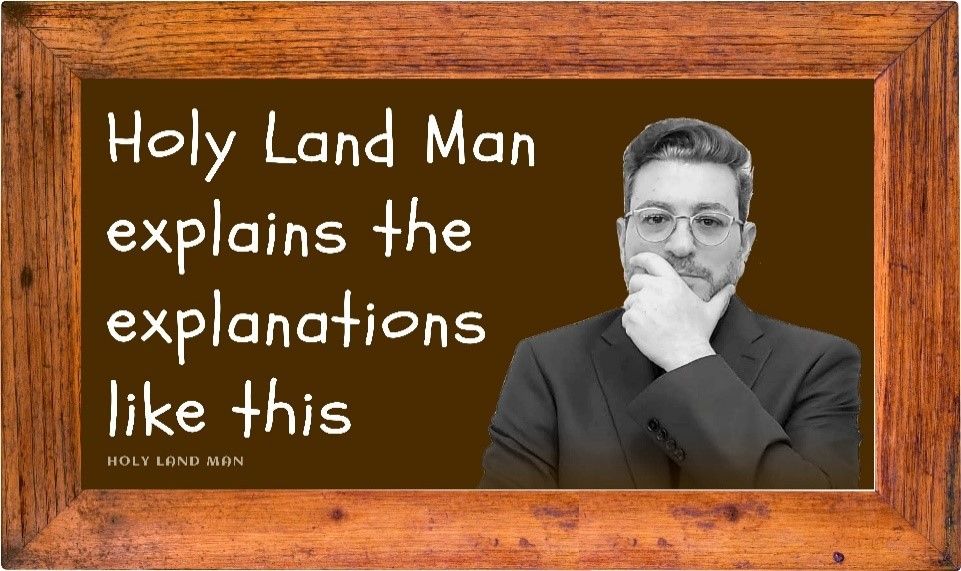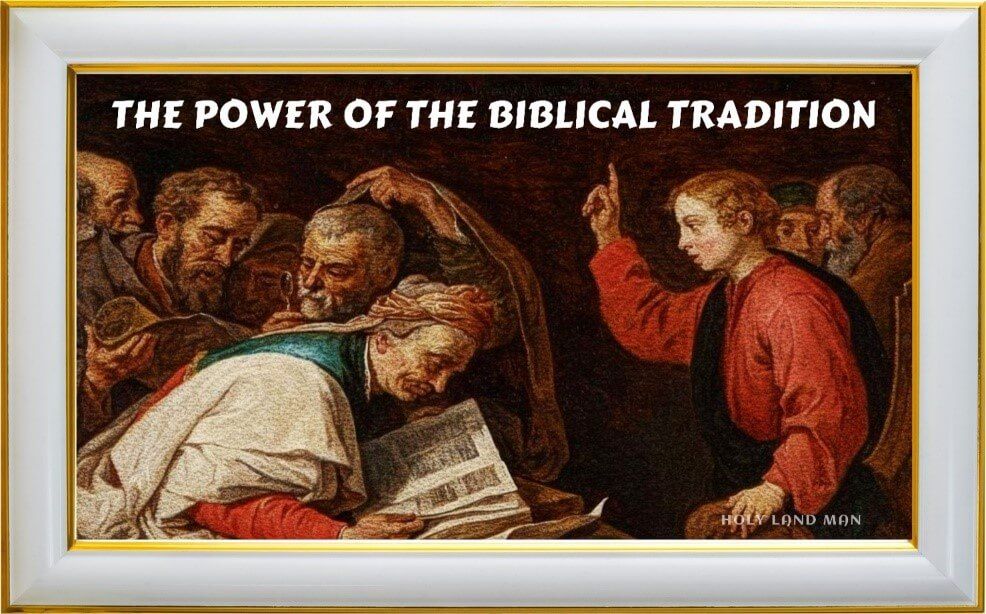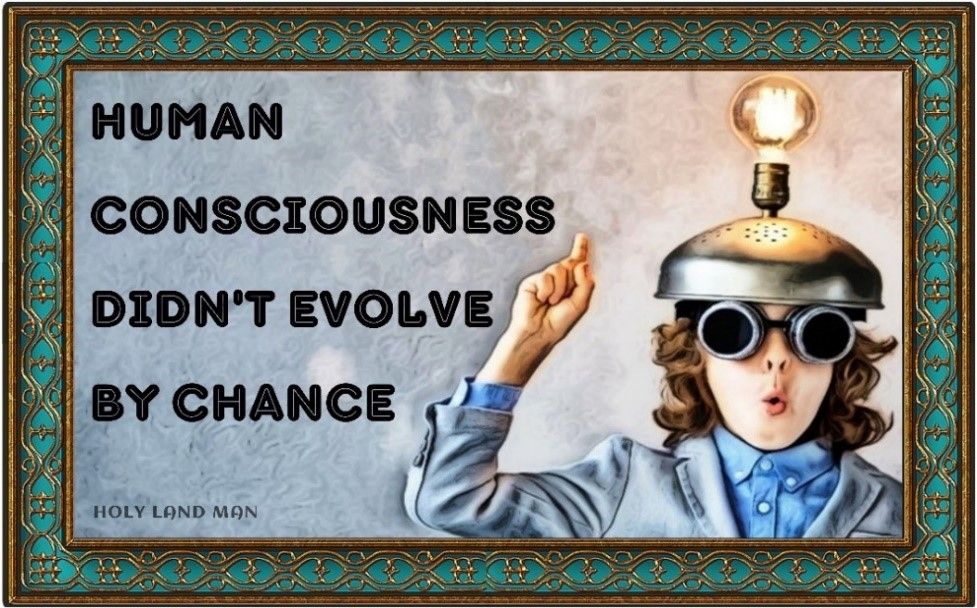Is the Jewish tradition credible because it is based on the testimony of the masses and not of an individual?
On the other hand, there are those who claim that the entire tradition actually relies on what is written in the Torah, and therefore it is not a question of many witnesses but of one witness. The evidence for this is that every Jew who is asked about the same events will describe them in the same way – as they are described in the Bible. If there were a lot of evidence, we would expect to find diversity and change between them, as is always found when many witnesses describe an event they saw. Precisely the uniformity of the Jewish tradition is used here as an argument against its credibility.
The answer to this is that, as we have seen before, the essence of the Jewish tradition is the oral tradition, not of the Torah scroll. Of course, because so much time has passed since those events, one should not expect private or family traditions to be preserved about them.
Although contemporary Jews can tell what concentration camp their grandmother was in during the Holocaust, can they tell about family testimonies from the period of the Spanish deportation or the Crusades? Even if we know that our Biblical ancestors were at the same events, because we received it in tradition, we are able to tell about them only what appears in the history books. This is not to say, of course, that the history books are the only source on which we rely to know that our Biblical ancestors were present at those events.
First and foremost, we know this because of tradition, and it is that tradition that directs us to the books of history and confirms for us what is written in them.
The same is true of the tradition of the Torah stories. Jews in all the various eras received from their Biblical ancestors the tradition, according to which their forefathers came out of Egypt and stood before Mount Sinai. In addition to the same oral tradition, their Biblical ancestors also gave them the Torah scroll, testifying that it contains the description of those events.
Although we do not have millions of Jews today who can directly testify to the giving of the Torah, we do have millions of Jews who testify that they received from their Biblical ancestors a tradition according to which their Biblical ancestors were present at the giving of the Torah. This tradition could have existed even if the Torah scrolls were lost, even if this would have obscured the details of the events.
After all, if all the Torah scrolls suddenly disappeared from the world today, the People of Israel would still continue to celebrate Passover and teach children about the story of the Exodus from Egypt. It is therefore a mistake to say that the Torah scroll is the only witness to those events. All of the People of Israel testify to these events as well.
In addition, the story of the Exodus from Egypt is not only mentioned in the Bible itself, but also in other books in the Bible throughout the generations over hundreds of year or more.
The claim that the Torah scroll is the only witness is therefore completely unfounded.










